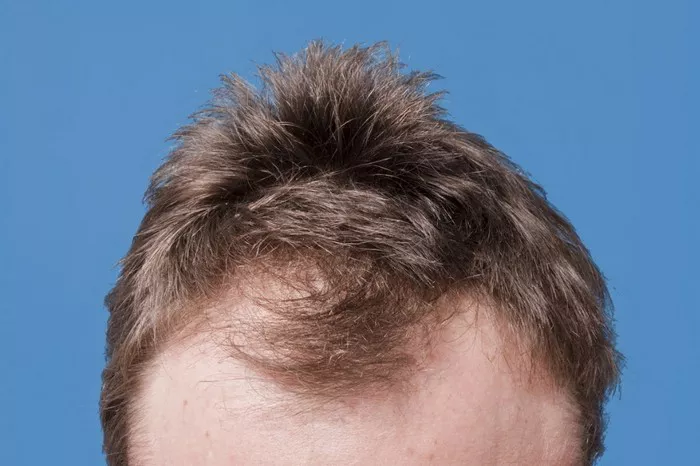Hair loss can be a distressing experience, affecting one’s confidence and self-esteem. However, there are various solutions available to address this issue and promote healthy hair growth. In this article, we will explore different approaches and products to use when you notice your hair falling out.
Understanding the Causes of Hair Loss
Before diving into potential solutions, it’s crucial to understand the root causes of hair loss. Common factors include genetics, hormonal changes, poor nutrition, stress, and certain medical conditions. Identifying the specific cause can help tailor a more effective approach to hair restoration.
Nutritional Supplements for Hair Health
A well-balanced diet is essential for overall health, including the health of your hair. However, if you’re experiencing hair loss, incorporating specific nutritional supplements can be beneficial. Look for supplements rich in vitamins such as Biotin (B7), Vitamin D, and Omega-3 fatty acids. These nutrients play a crucial role in promoting hair strength and preventing further loss.
Topical Treatments and Medications
Topical treatments and medications are popular choices for combating hair loss. Minoxidil, an FDA-approved over-the-counter medication, is known for its effectiveness in stimulating hair growth. It is available in both liquid and foam formulations and is applied directly to the scalp. Finasteride is another prescription medication that inhibits the hormone responsible for hair loss in men. Consult with a healthcare professional before starting any medication to ensure it is suitable for your specific situation.
See Also: What Medications Make You Lose Your Hair: All You Need To Know
Hair Growth Shampoos and Conditioners
Specialized shampoos and conditioners designed to promote hair growth can be valuable additions to your hair care routine. Look for products containing active ingredients such as ketoconazole, caffeine, and saw palmetto. These components are believed to help strengthen hair follicles, reduce inflammation on the scalp, and encourage healthier hair growth.
Low-Level Laser Therapy (LLLT)
Low-level laser therapy is a non-invasive treatment option that has gained popularity in recent years. It involves using red light lasers to stimulate hair follicles and promote regrowth. LLLT can be administered through devices like laser caps or combs. While research is ongoing, some studies suggest that LLLT may be effective in slowing down hair loss and improving overall hair density.
Platelet-Rich Plasma (PRP) Therapy
Platelet-rich plasma therapy is a medical procedure that involves drawing a small amount of your blood, processing it to concentrate platelets, and then injecting it into your scalp. Platelets contain growth factors that may stimulate hair follicles, promoting hair growth. Although more research is needed to fully understand its effectiveness, some individuals have reported positive results with PRP therapy.
Hair Transplantation
For individuals seeking a more permanent solution, hair transplantation is a surgical procedure that involves moving hair follicles from one part of the body to the balding or thinning area. This method has proven to be highly effective, providing natural-looking results. However, it’s essential to consult with a qualified surgeon to assess whether you are a suitable candidate for the procedure.
Lifestyle Changes for Hair Health
In addition to external treatments, making positive lifestyle changes can contribute to healthier hair. Manage stress through relaxation techniques such as yoga or meditation, as chronic stress is a known contributor to hair loss. Adequate sleep, a balanced diet, and regular exercise also play pivotal roles in maintaining overall health, which, in turn, supports healthy hair growth.
Consulting with Professionals
While there are numerous products and treatments available, it’s crucial to consult with healthcare professionals or hair specialists before embarking on a specific regimen. They can help identify the underlying cause of your hair loss and provide personalized recommendations based on your unique situation.
Conclusion
Experiencing hair loss can be challenging, but with the right approach, you can address the issue and promote hair regrowth. From nutritional supplements to medical treatments and lifestyle changes, there are various options to explore. Remember, the key is to be patient and consistent with your chosen regimen, as results may take time. If you’re unsure about the best course of action, seek guidance from professionals who can provide tailored advice based on your individual needs.


